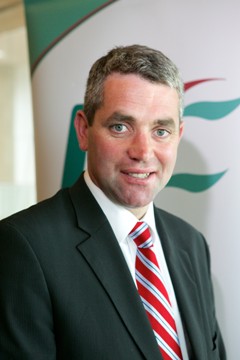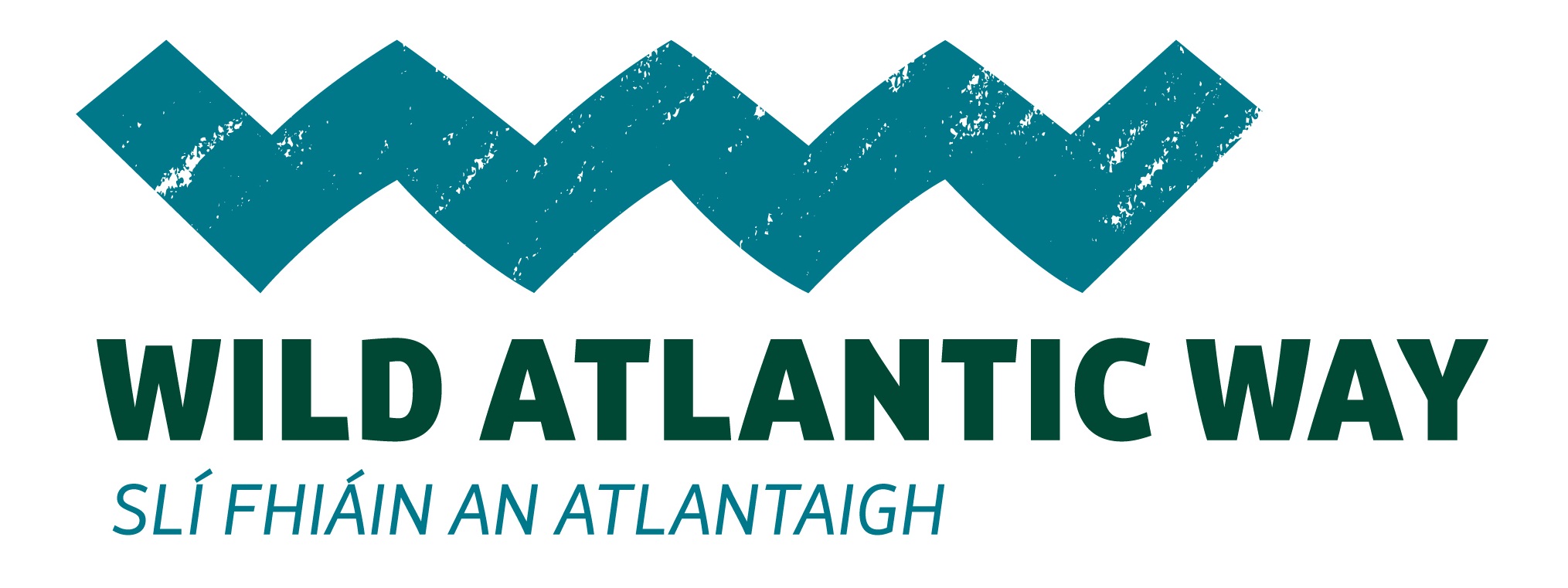14 July 2017, Friday
By Tom Collins
tom@TheCork.ie
Cork City Council Deputy Chief Executive, Pat Ledwidge has expressed concerns that the local authority’s ability to meet housing demand could be hampered unless the city boundary is extended.
Commenting on the housing challenges facing the City, Mr Ledwidge said: “Historically, a third of all of the City’s housing units have been delivered by Cork City Council. In doing so, the City has excelled in maintaining a sustainable social balance – something which should not to be taken for granted. However it is an ongoing concern for me that the capacity of Cork City to continue to meet the totality of housing demand in a sustainable manner is now fundamentally compromised by the scarcity of development land within the existing city boundary”.
Director of Services for Housing, Valerie O’Sullivan also highlighted the City’s “excellent” housing record “When the demands present and resources are made available, Cork City Council has always delivered, benefitting from a professional and focussed Executive, backed by strong political support from our Elected Members. We will continue to address the City’s housing needs once the necessary resources are available to us.”
Mr Ledwidge and Ms. O’Sullivan both addressed the Joint Oireachtas Committee on Housing and Homelessness earlier this week (yesterday) where they outlined Cork City Council’s progress in addressing the City’s housing challenges and delivering on the objectives of Rebuilding Ireland.
Their opening statement (attached) set out the backdrop to the City’s housing challenges and Cork City Council’s responses, including:-
• Increase of 5% in the City’s population from 2011 to 2016 (net increase of 4,390)
• Increase of 9% in employment levels within the City
• A housing list of 4,629 approved applicants as at May 31 2017
• A total of 3,345 housing applicants housed from 2015 – 2017 ( local authority and Housing Assistance Payment (HAP))
• Expanded responses to homelessness, including new 39 bed residential complex enabling at-risk young people to participate in 3rd level education and training.



